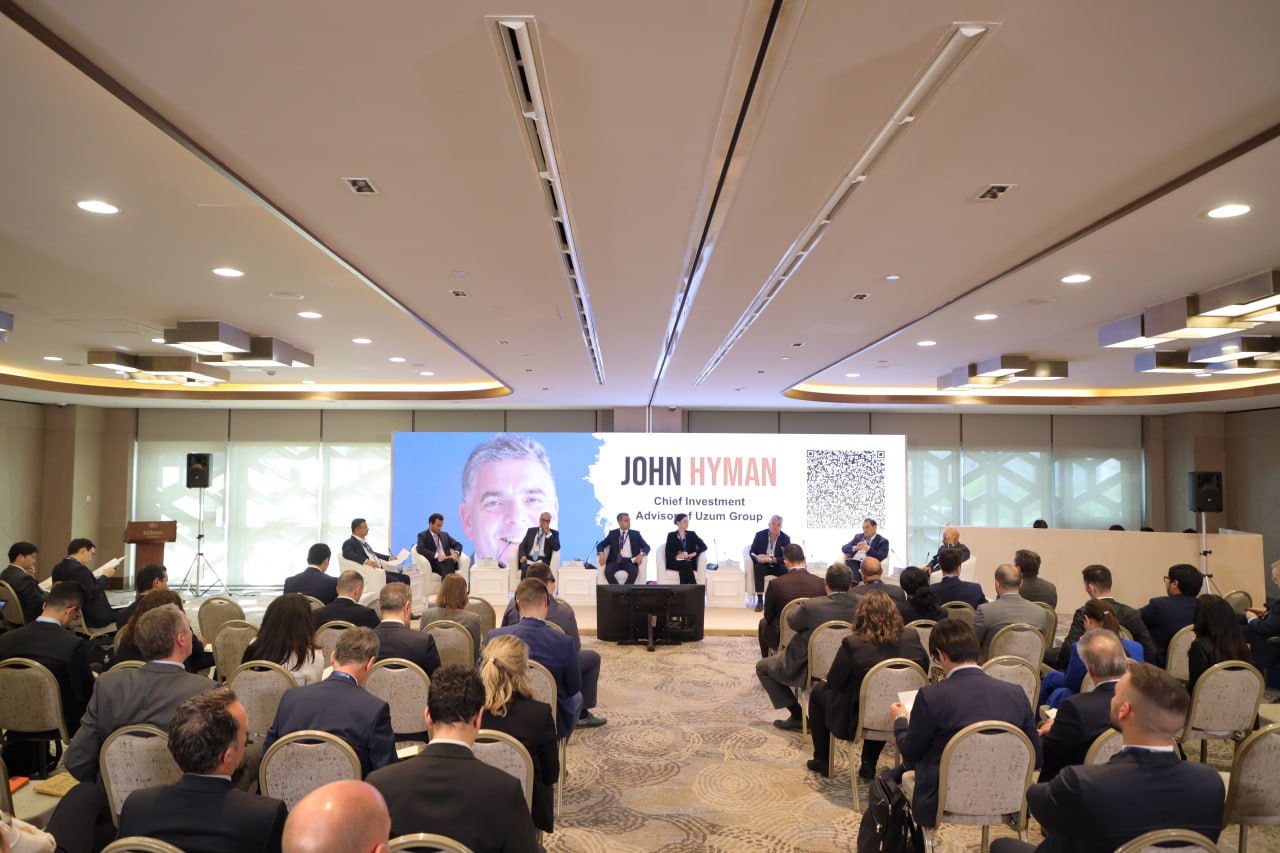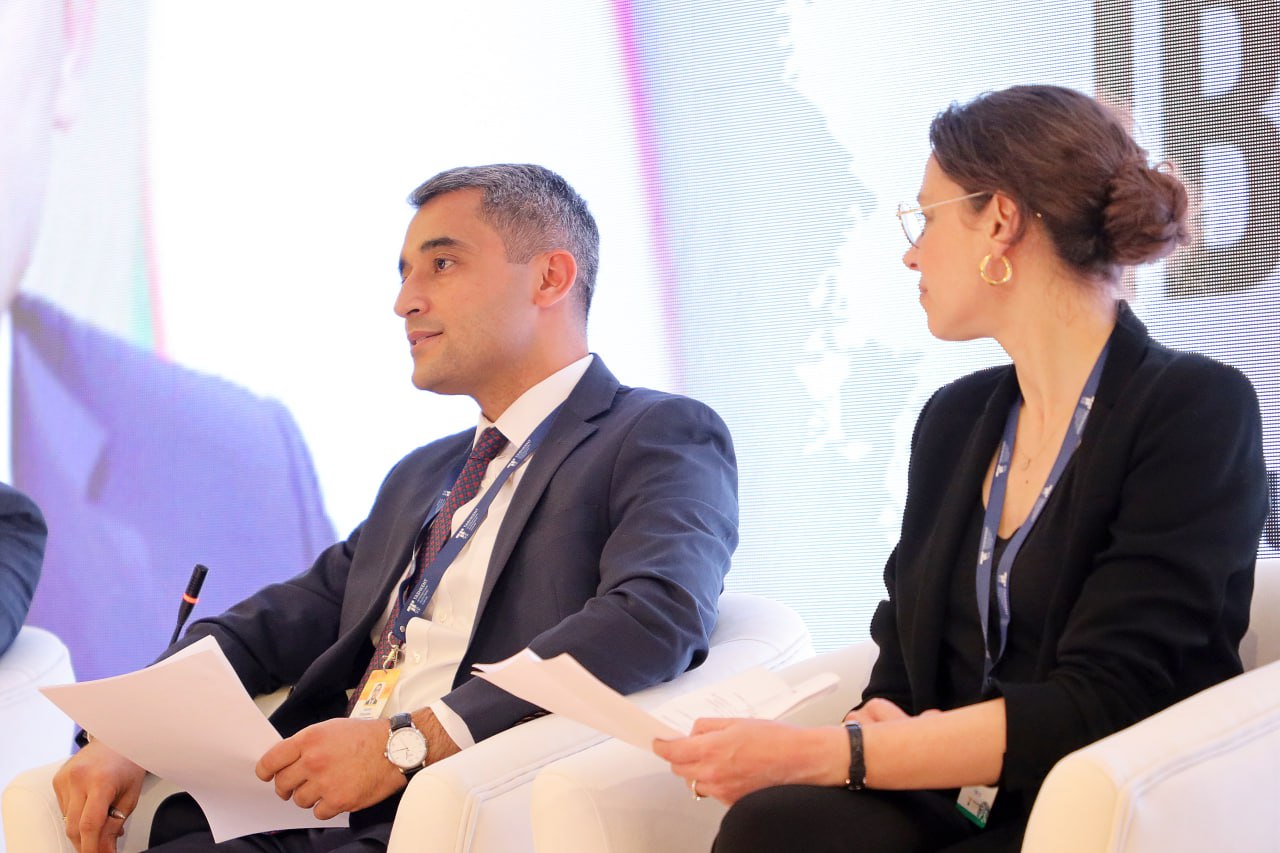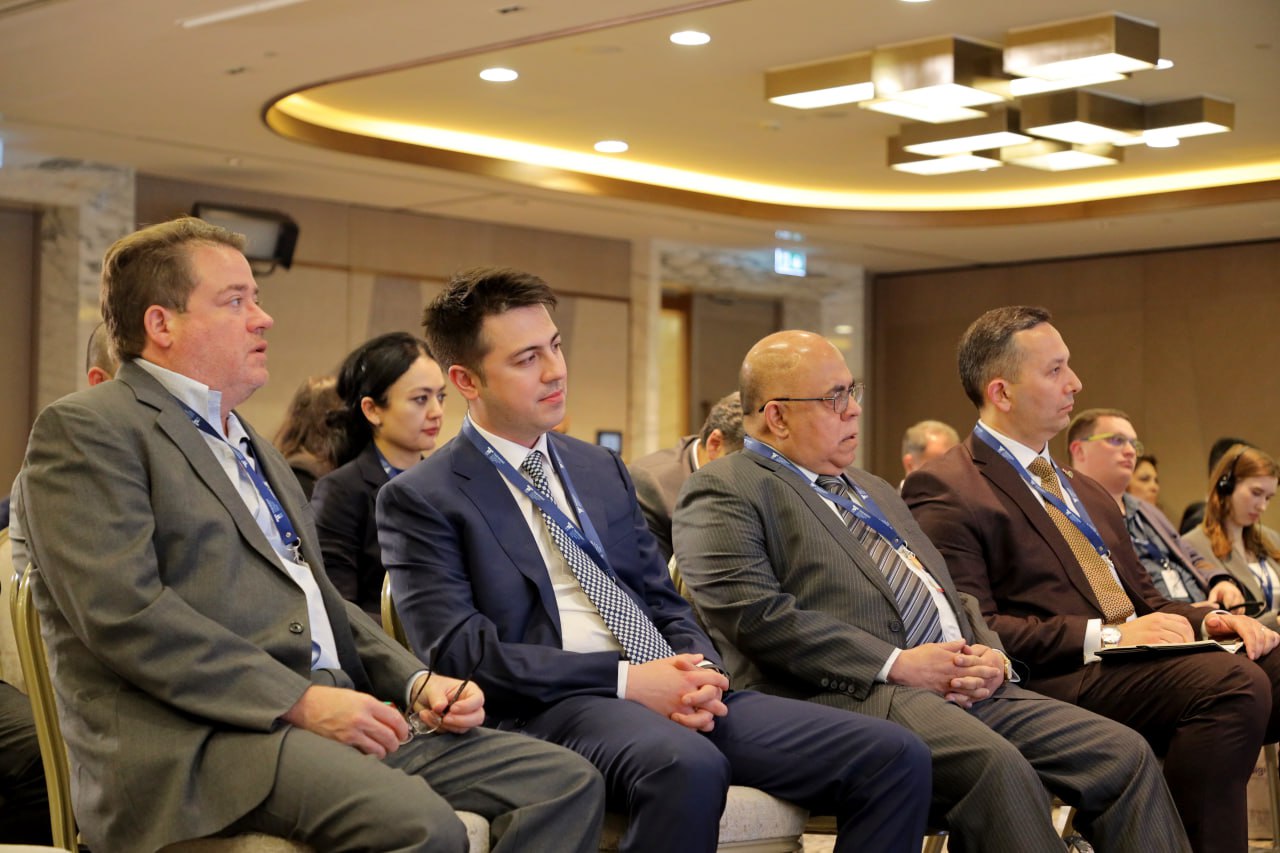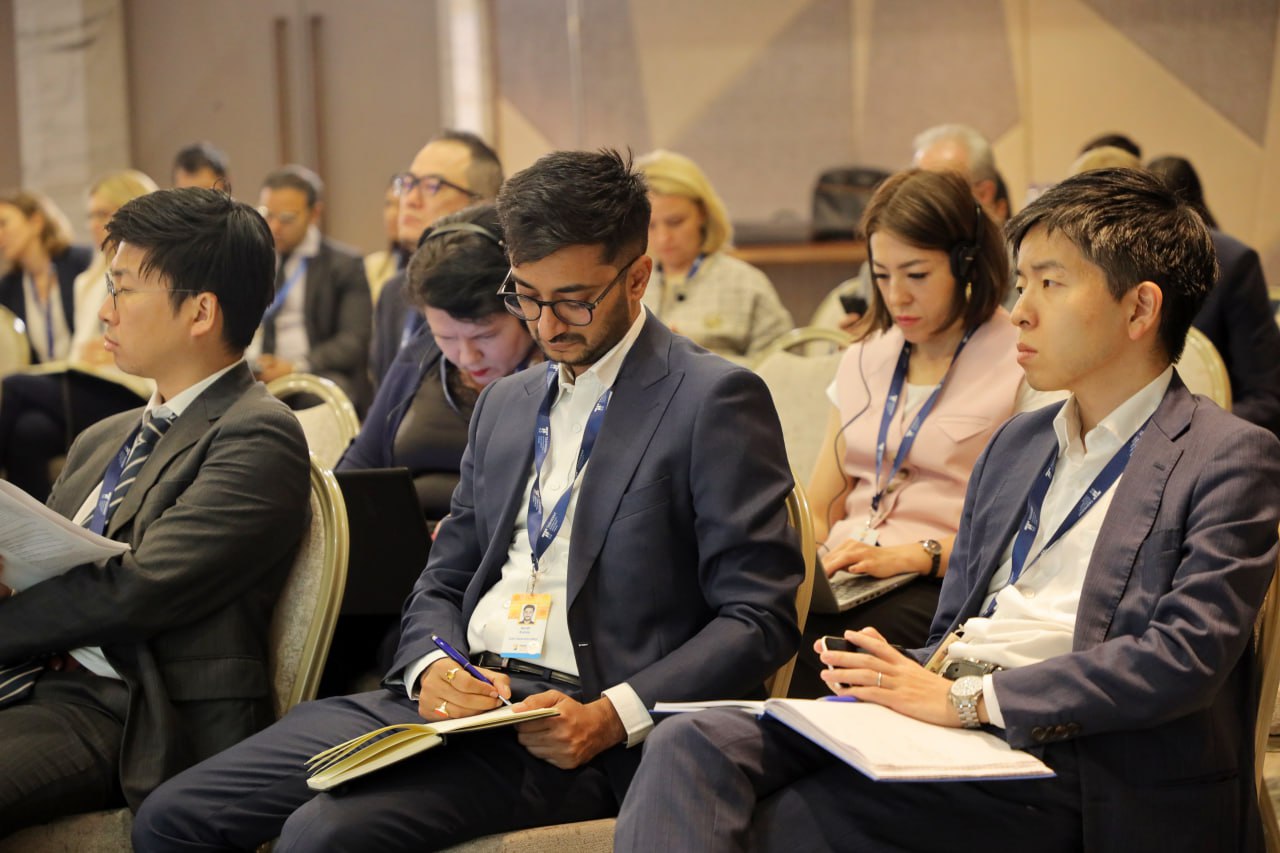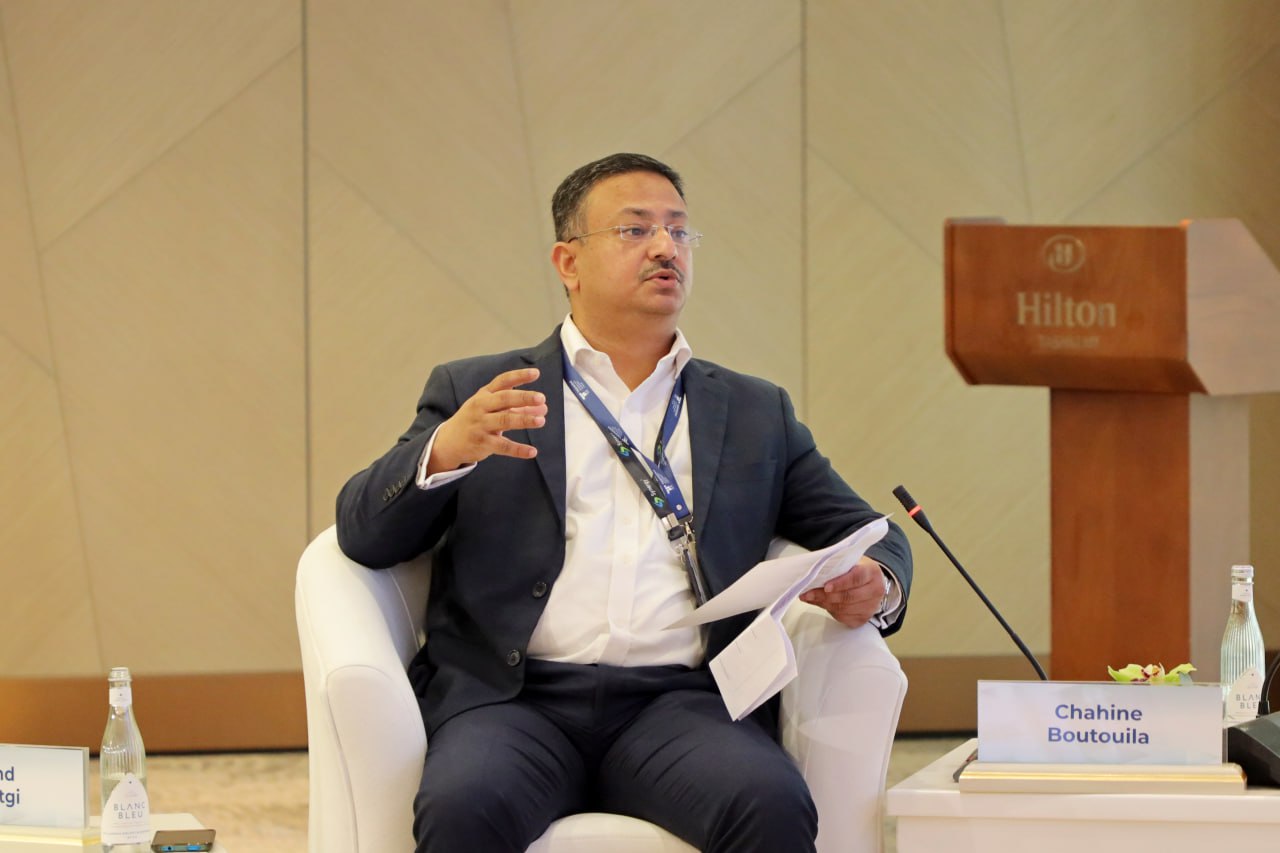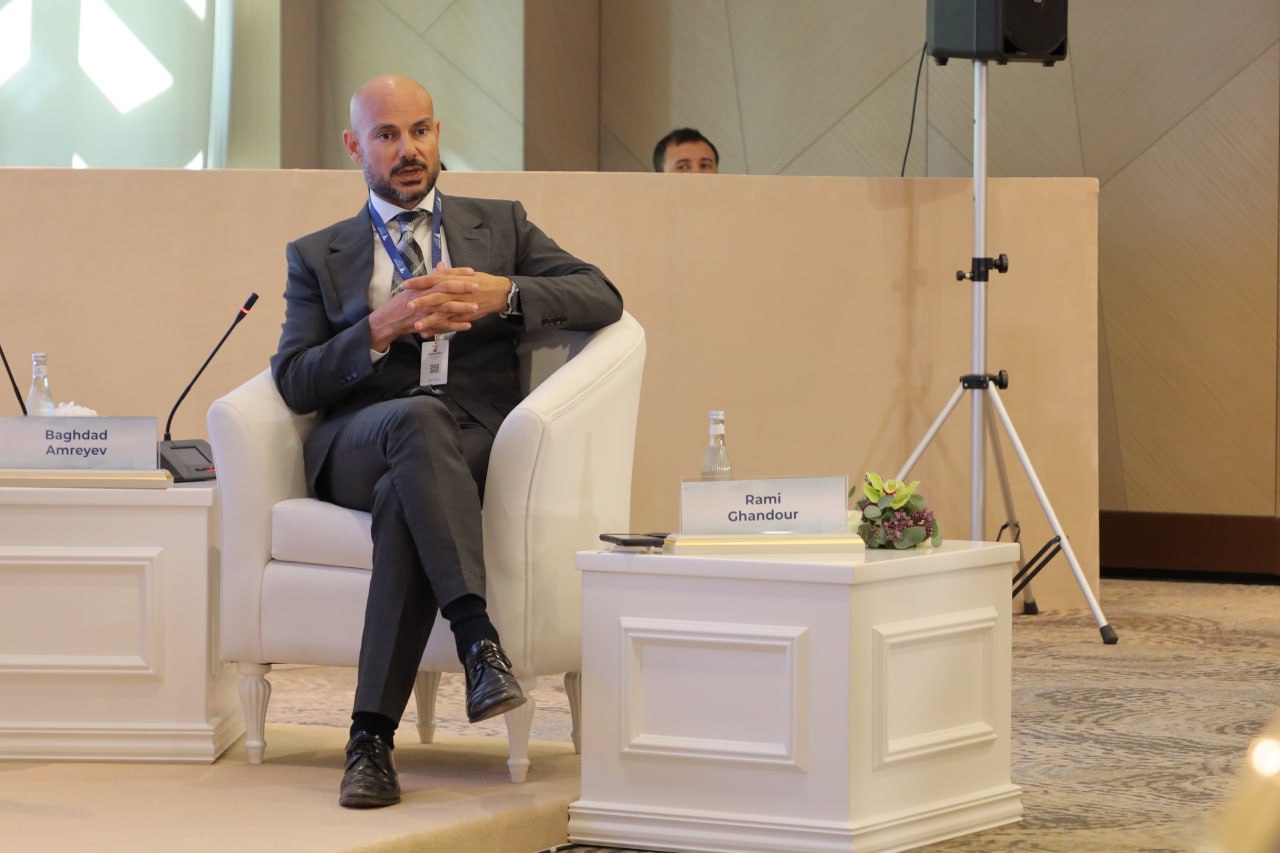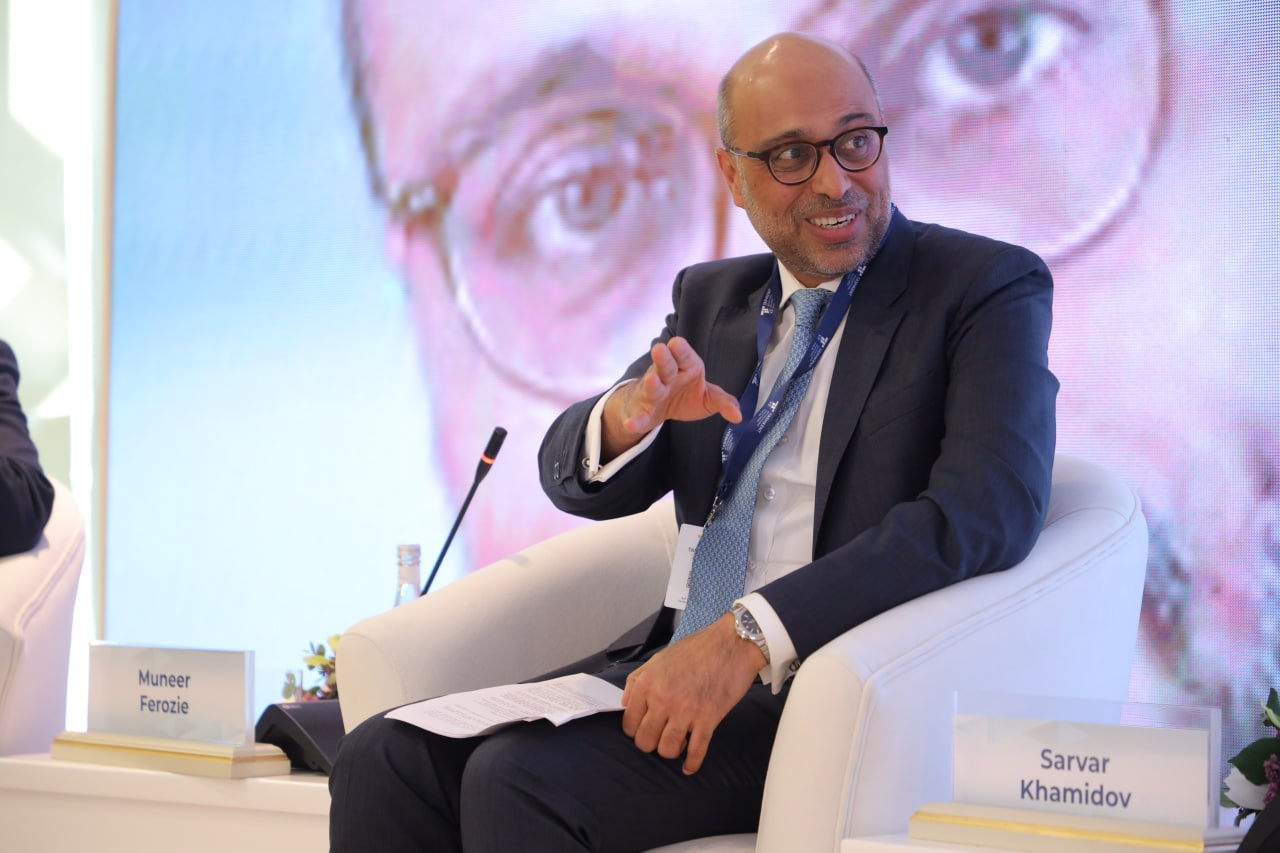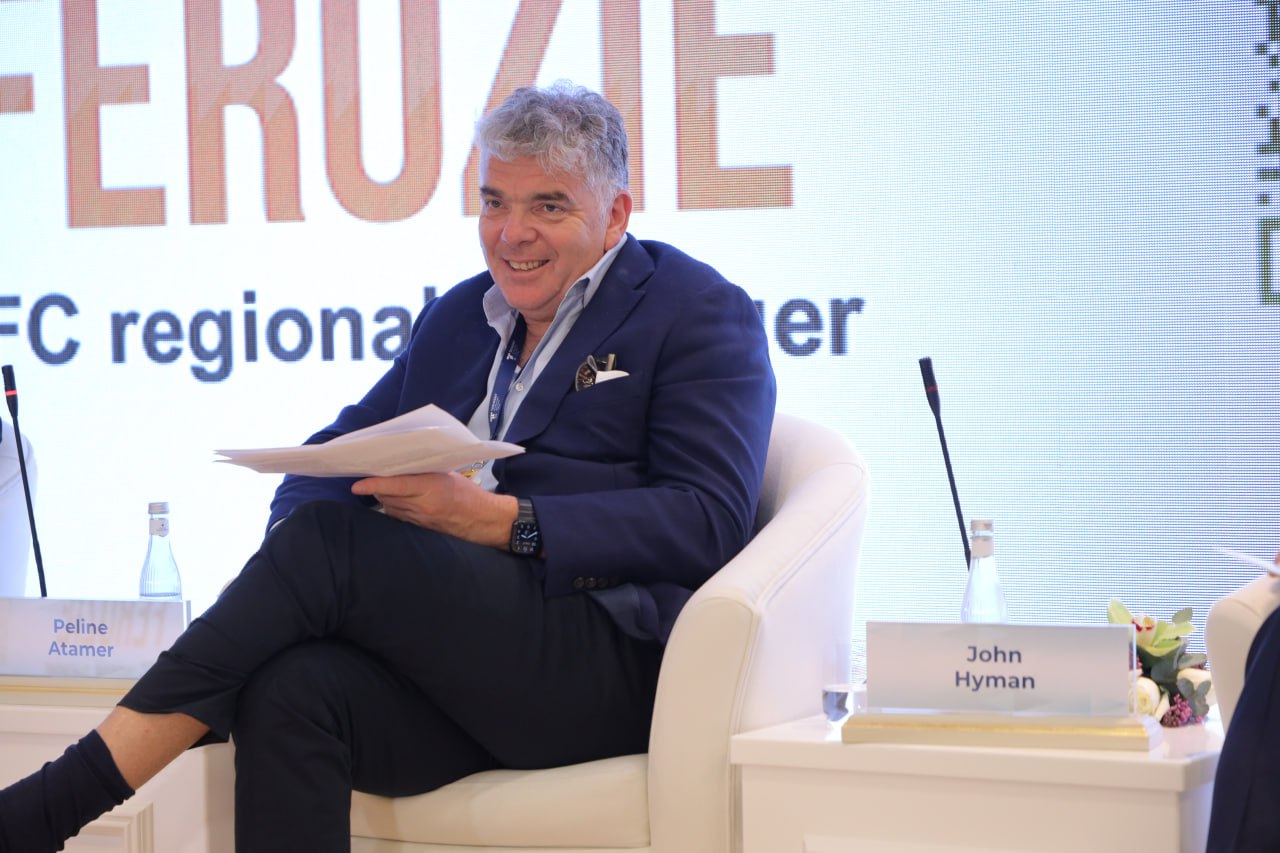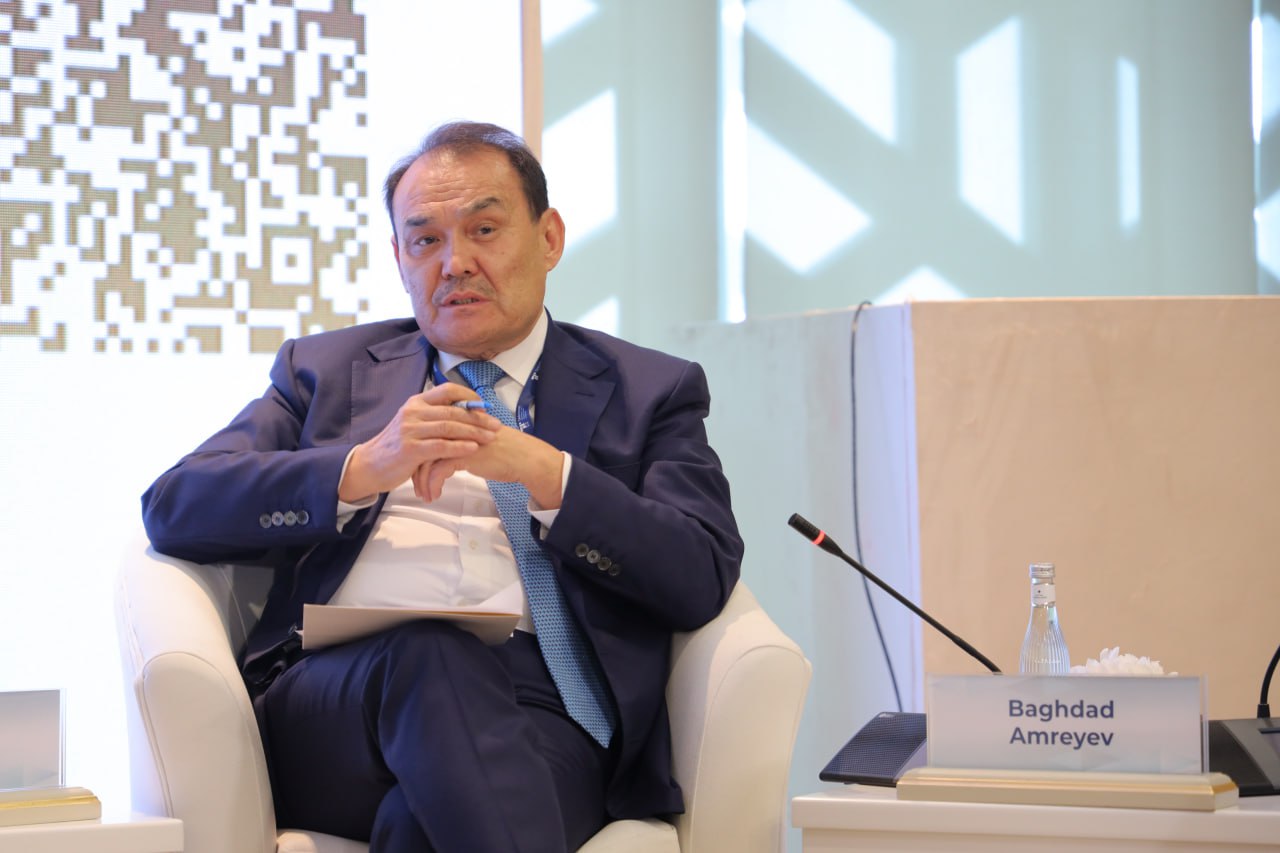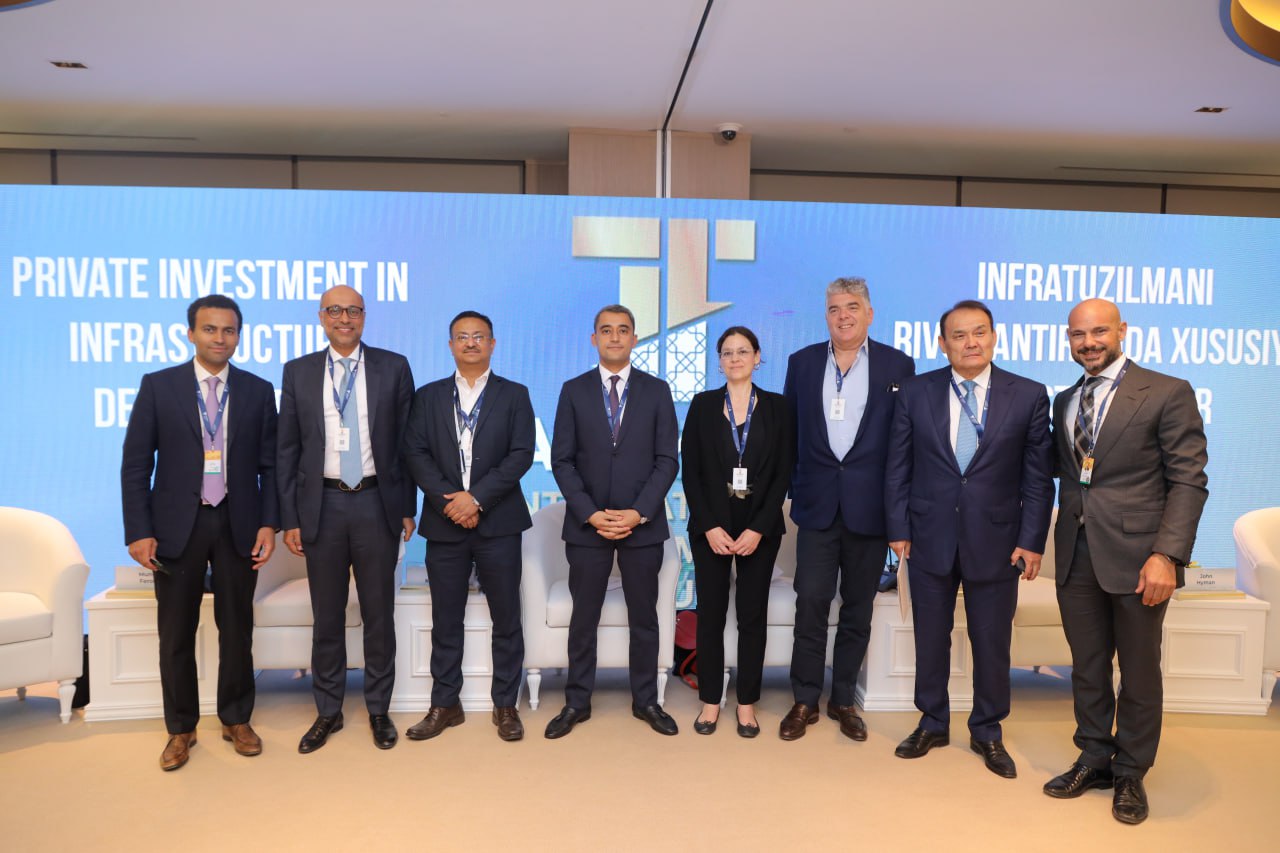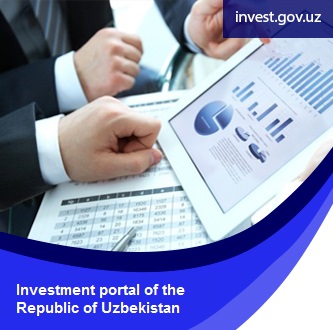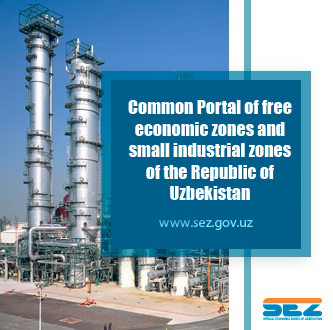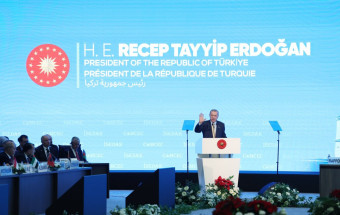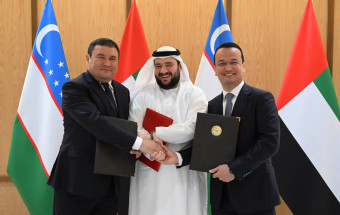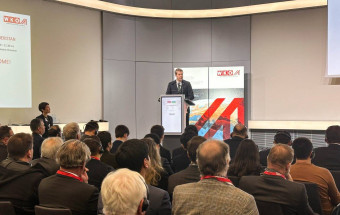A panel session was held on the topic "Private investment in infrastructure development"
On April 27, 2023, the second Tashkent International Investment Forum opened, within the framework of which a number of panel sessions, round tables, as well as signing ceremonies of investment and trade agreements were held.
At the panel session "Private Investments in Infrastructure Development" with the participation of Sarvar Khamidov, Deputy Minister of Investments, Industry and Trade, it was noted that in the modern world the quality of life of the population and global competitiveness depend on the quality of infrastructure. Infrastructure development requires significant investment.
At the same time, the scale, cost and duration of such projects encourage governments to attract private investment by creating new tools and approaches to attract them. Infrastructure investment of 0.5% of GDP can increase output by an average of 1.6%.
Session Moderator Anand Rohatgi - Chief Operating Officer, Synergy Consulting asked a number of questions during the discussion. In particular:
How to adapt the regulatory environment to attract private investment in infrastructure?
What measures of state support are necessary for the successful implementation of infrastructure projects?
How to connect the achievement of the country's urbanization goals with the development of infrastructure, the creation of long-term guarantees for private investors?
The event was attended by: Peline Atamer, Program Manager SIPA - Central Asia, OECD, Sarvar Khamidov, Deputy Minister of Investments, Industry and Trade, Rami Ghandour, CEO of Metito Utilities Ltd, Munir Ferozie, IFC PPP Manager, Middle East, Turkey, Central Asia, Afghanistan and Pakistan, Chanine Boutouila , Head of Veolia Central and Eastern Europe in Uzbekistan, John Hyman, Senior Investment Advisor, Uzum Market, Baghdad Amreyev, President of the Turkic Investment Fund.
It was noted that such targeted private investment has a positive effect on the economy and society, as it contributes to the development of infrastructure, increased productivity and improved living conditions of the population. They can also create jobs and attract other investments, which contribute to the economic development of the regions.
One of the advantages of private investment is that it allows projects to be delivered faster and more efficiently than public funding. In addition, private investors often invest in more innovative and efficient projects that can provide higher returns.
- We have concluded the Paris Agreement on increasing the resources of renewable energy sources, - pointed Sarvar Khamidov, Deputy Minister of Investments, Industry and Trade. - Today we are forming our database of sources and we want to use the full potential. 25% of energy comes from renewable sources. This can be achieved through private investment. We have been preparing projects in this direction with our partners since 2019. Investors, large companies from Qatar (Nebras Power), Turkey (Cengiz Energy), UAE Masdar take part in these projects. In partnership with them, we are implementing projects to increase generation capacity, modernize and reconstruct the distribution network. In this area, with the assistance of IFC partners, we are working on pilot projects to attract the private sector and modernize our distribution network. And today we invite investors to partnership.
President of the Turkic Investment Fund Baghdad Amreyev noted in his speech:
- Our Foundation for the Organization of the Turkic States was organized last year during the summit. It is the first financial institution of the Turkic states. Here we want to note the importance of investments in the private sector and projects in this direction and infrastructure.
In general, private investment can stimulate economic growth and progress, but requires a balance between government control and private capital. During the panel session, the speakers agreed that for the successful implementation of projects, it is important to maintain transparency and openness, as well as ensure an appropriate level of safety and environmental sustainability.


